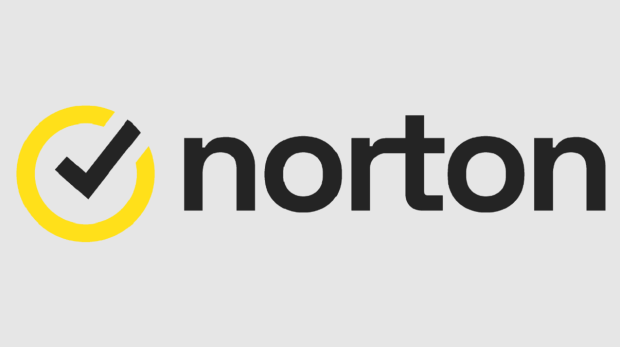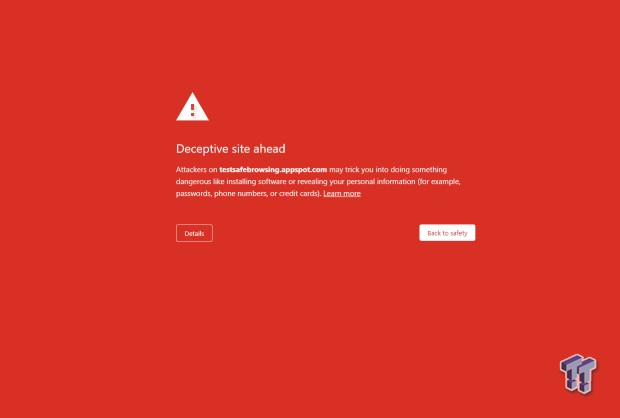Breaches, patches, leaks and tweaks! [Audio + Text] – Naked Security
Latest epidode – listen now.
DOUG. Breaches, breaches, patches, and typios.
All that, and more, on the Naked Security podcast.
[MUSICAL MODEM]
Welcome to the podcast, everybody.
I am Doug Aamoth; he is Daul Pucklin…
…I’m sorry, Paul!
DUCK. I think I’ve worked it out, Doug.
“Typios” is an audio typo.
DOUG. Exactly!
DUCK. Yes… well done, that man!
DOUG. So, what do typos have to do with cybersecurity?
We’ll get into that…
But first – we like to start with our This Week in Tech History segment.
This week, 23 January 1996, version 1.0 of the Java Development Kit said, “Hello, world.”
Its mantra, “Write once, run anywhere”, and its release right as the web’s popularity was really reaching a fever pitch, made it an excellent platform for web-based apps.
Fast-forward to today, and we’re at version 19, Paul.
DUCK. We are!
Java, eh?
Or “Oak”.
I believe that was its original name, because the person who invented the language had an oak tree growing outside his office.
Let us take this opportunity, Doug, to clear up, for once and for all, the confusion that lots of people have between Java and JavaScript.
DOUG. Ooooooh…
DUCK. A lot of people think that they are related.
They’re not related, Doug.
They’re *exactly the same* – one is just the shortened… NO, I’M COMPLETELY KIDDING YOU!
DOUG. I was, like, “Where is this going?” [LAUGHS]
DUCK. JavaScript basically got that name because the word Java was cool…
…and programmers run on coffee, whether they’re programming in Java or JavaScript.
DOUG. Alright, very good.
Thank you for clearing that up.
And on the subject of clearing things up, GoTo, the company behind such products as GoToMyPC, GoToWebinar, LogMeIn, and (cough, cough) others says that they’ve “detected unusual activity within our development environment and third party cloud storage service.”
Paul, what do we know?
GoTo admits: Customer cloud backups stolen together with decryption key
DUCK. That was back on the last day of November 2022.
And the (cough, cough) that you mentioned earlier, of course, is GoTo’s…





